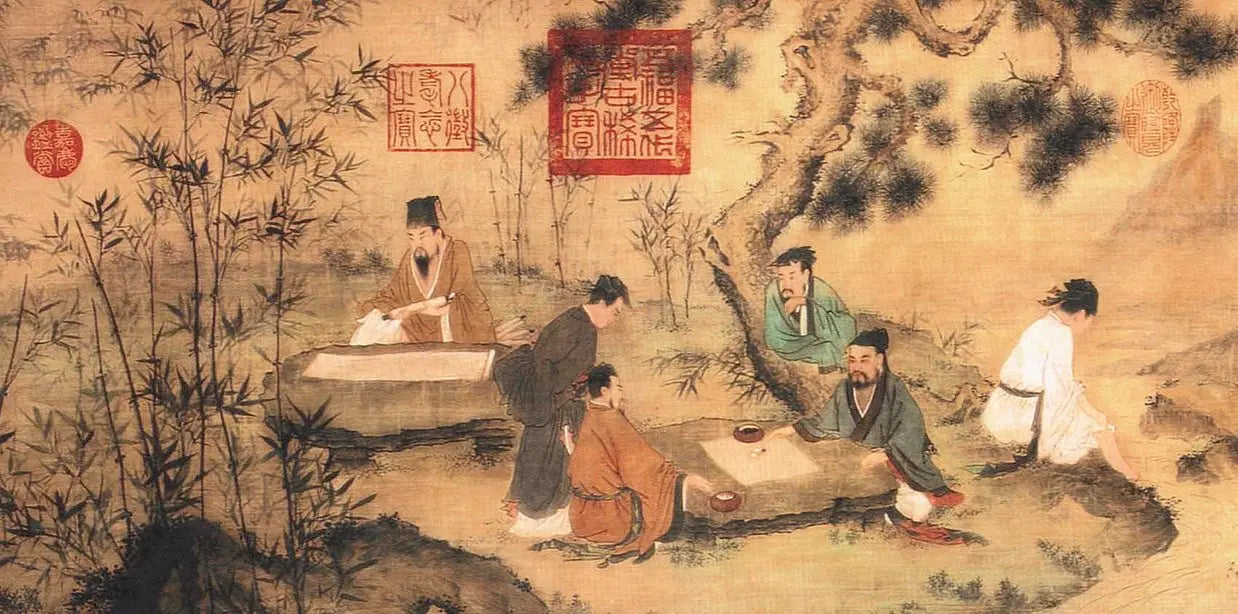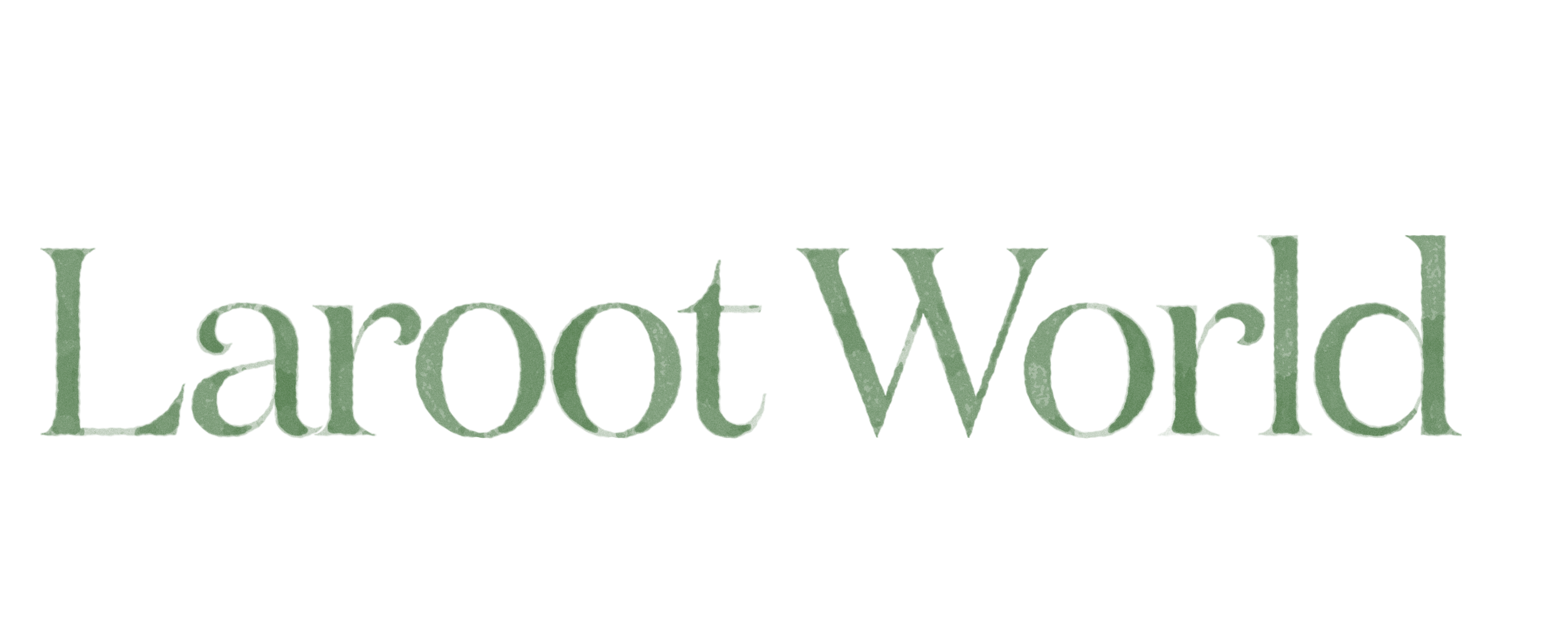Hara Hachi Bu: the medicine of moderation

Hara Hachi Bu is a Confucian teaching that invites people to eat until they are around 80% full. The principle originates from the Blue Zone region of Okinawa, where inhabitants experience comparatively low rates of heart disease, cancer and stroke. It is a cultural practice, voiced at the dinner table as a gentle and consistent reminder to listen to your body and foster mindful moderation. As modern life throws us endless opportunities to satiate our appetites, Hara Hachi Bu is an ancient tenet that holds increasing appeal for both our physical and psycho-spiritual well being.

Keeping the body in balance: when less is more
Hara Hachi Bu is undoubtedly a supportive practice in combating the modern threat of obesity and its related issues – and this reflects in the notably lower BMI of Okinawans compared to Americans. This also reminds us that good health doesn’t have to mean sacrificing on flavor or enjoyment; their nourishing traditional meals are as satisfying as they are healthy. Over here, refining the quantity of the foods we eat, and not just the quality, is a radical move in a country whose portions have rapidly grown. In terms of productivity, we all know that an overburdened digestive system takes us nowhere fast – except perhaps a place to nap. Conversely, when the body is breaking down and absorbing nutrients with ease, we find we can feel sated and satisfied without losing the life force we need to function optimally throughout the day, and gain the deep rest and repair our bodies need at night.

An antidote to excess
We also honor that practicing consuming less across all areas of life is vital right now for both humans and the planet we inhabit. Hara Hachi Bu invites us to rest in – and get familiar with – the space between excess and necessity, a place more traditionally intact cultures still inhabit with respect and appreciation. Who doesn’t value the reminder to pause, check in and see if we really need more?
Mindful eating
At the table, Hara Hachi Bu can offer us a more connected approach to how we eat as individuals and as a society, and this is much needed as screens and food eaten on the go infiltrate more of our waking hours. One key awareness that this mantra brings to the fore is the difference between being “no longer hungry” as opposed to “full”. A heightened degree of awareness is required to make this difference and that’s one of the key psychological shifts that Hara Hachi Bu can give us: becoming more attuned to what we actually feel, as opposed to mindless eating and consumption. Our thoughtfully crafted meals provide a good place to start: a perfectly-portioned invitation to practice this Eastern awareness and emerge satisfied, inspired and energized, in balance and moderation.

Other ways to foster a more mindful approach to eating:
- Turning off distractions like screens and devices
- Taking a moment before your meal to connect to what’s on your plate, and give thanks (this also prepares your body and stimulates saliva, which in turn produces the enzymes required for optimal digestion)
- Eating slowly, to savor the full spectrum of flavor as well as properly complete the first stage of digestion, which happens in the mouth)
- Eat from small vessels that encourage this slower pace and approach
